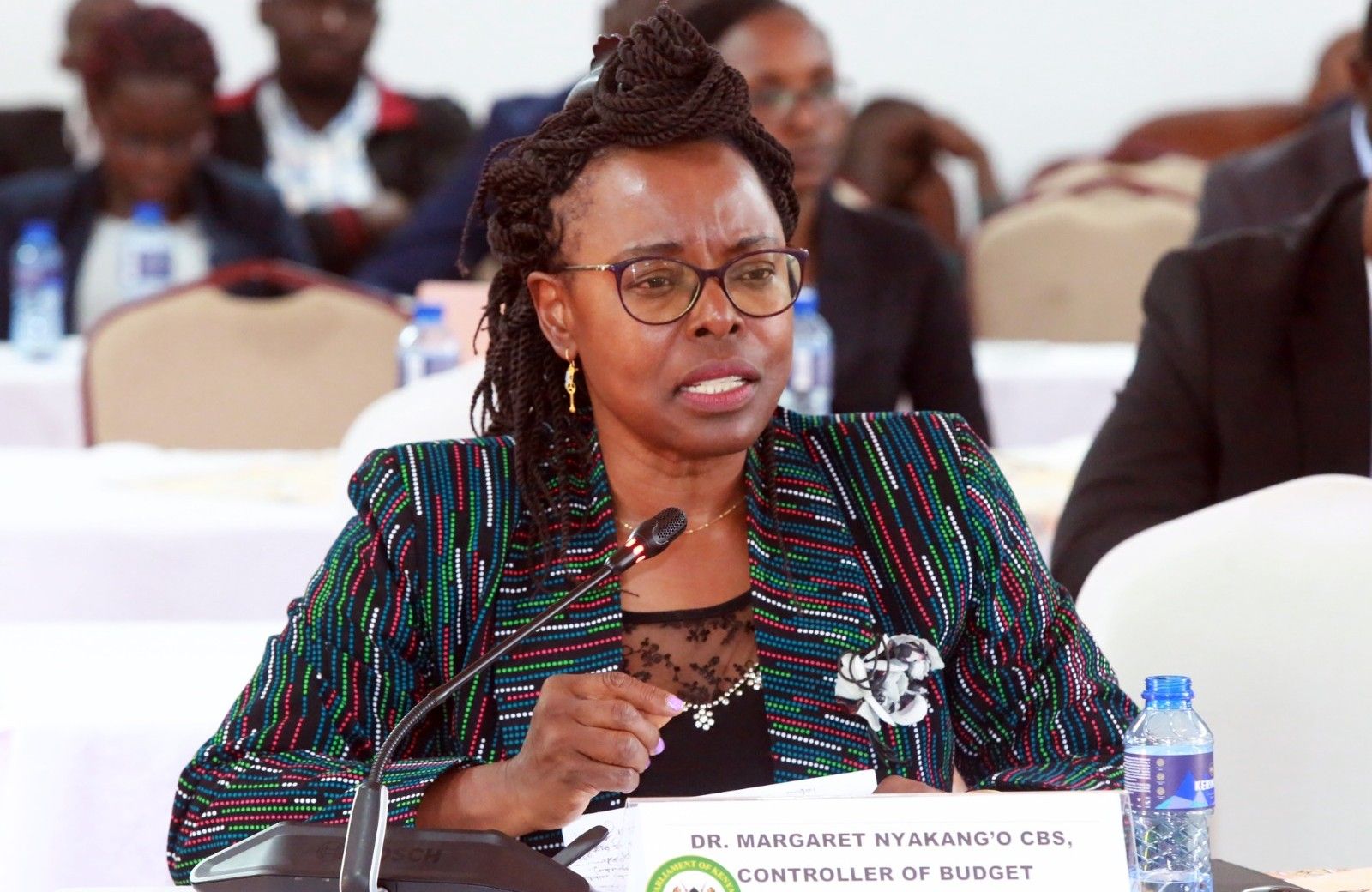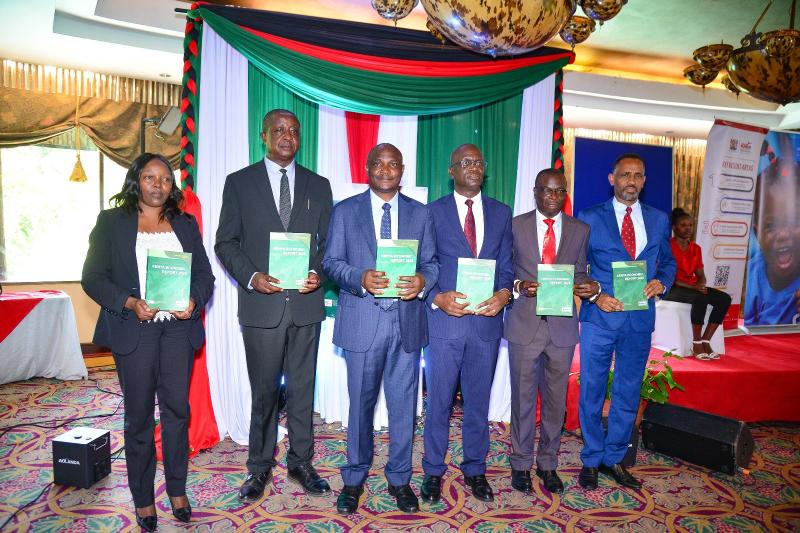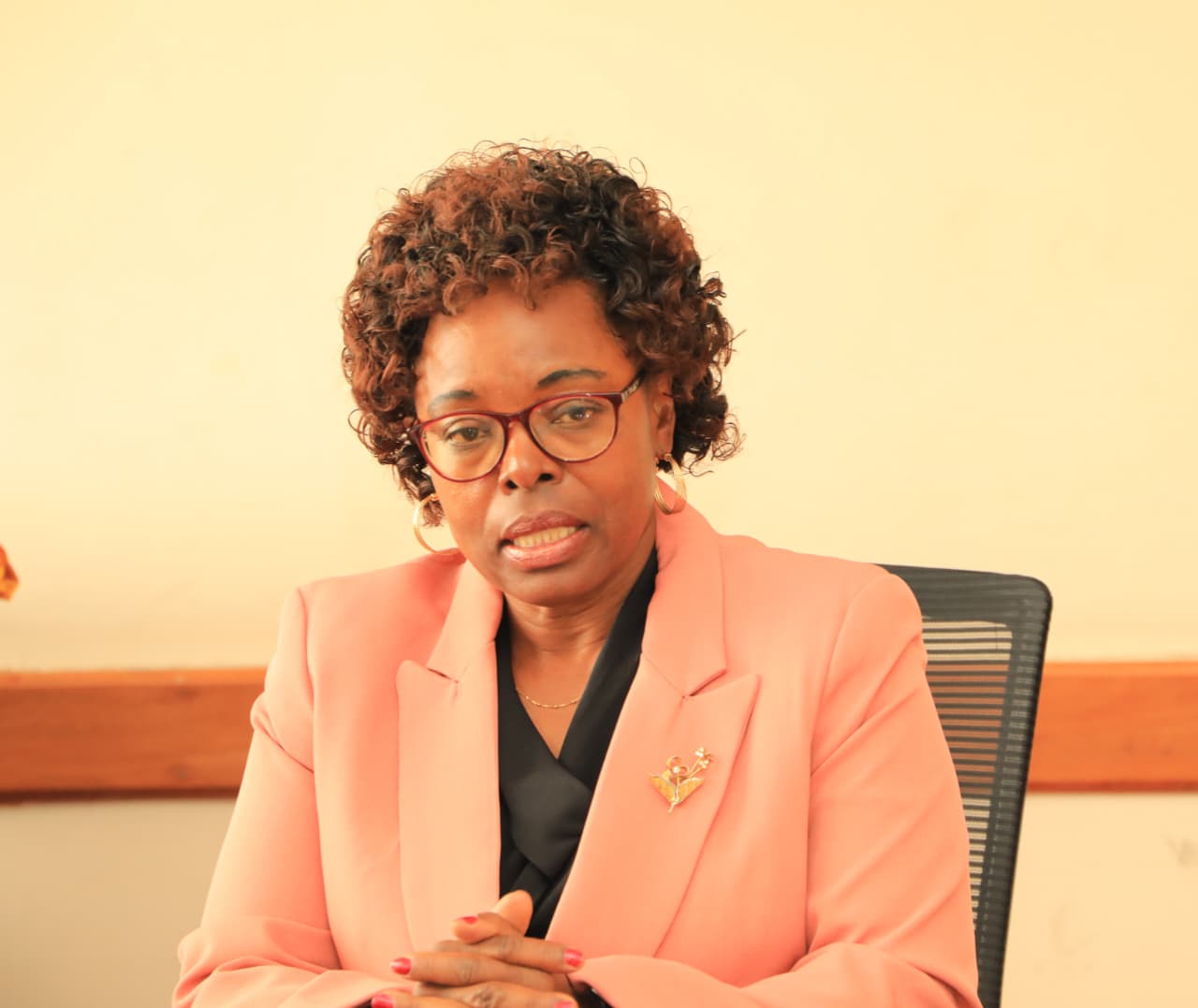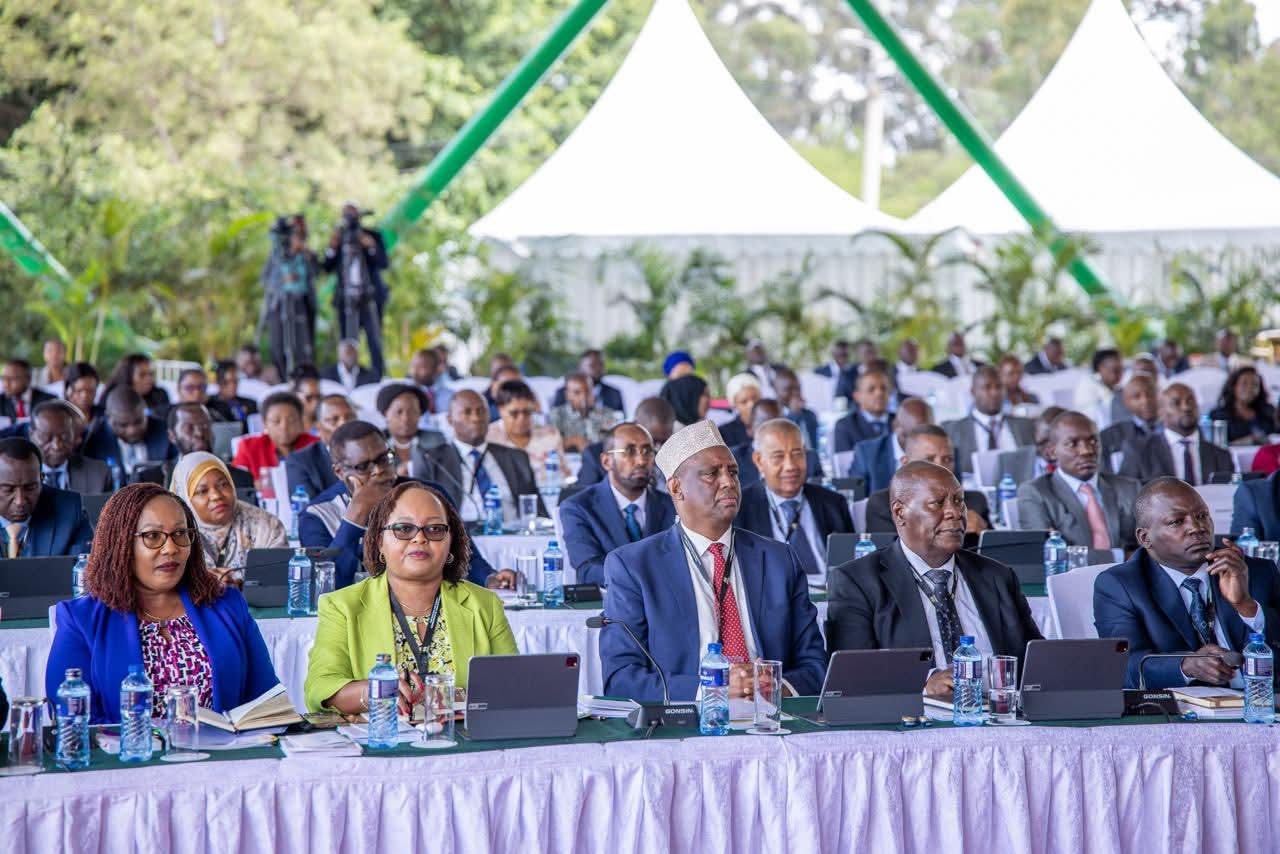ICC prosecutor reveals threats by world leaders over Israel arrest warrants
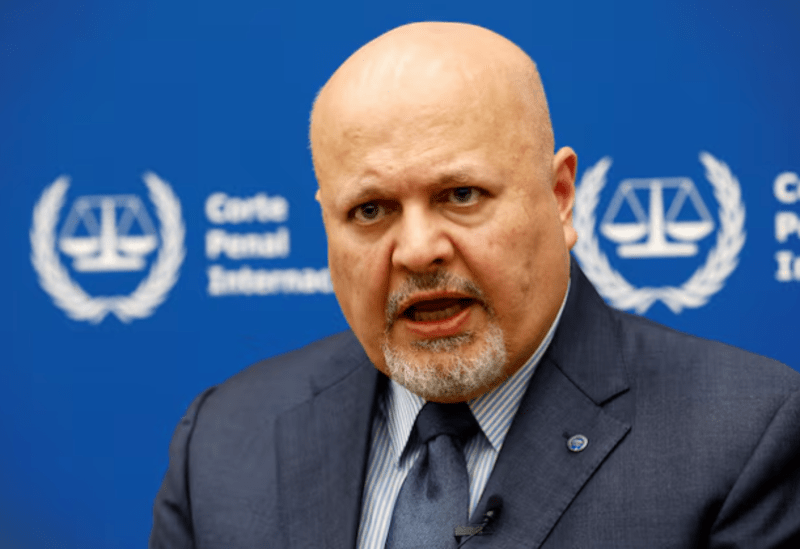
The prosecutor expressed concern, emphasising that they must use resources wisely to look into both incriminating and exonerating evidence until they believe they have thoroughly investigated the major criminal allegations.
Karim Khan, the International Criminal Court prosecutor, disclosed that his office and the Hague-based court are facing significant pressure from world leaders over its investigations into Israel's actions in Gaza.
In a media interview with Japan's Yomiuri Shimbun published on Monday, Khan disclosed that officials from his office are receiving "threats" from persons supporting Russia and Israel.
More To Read
- 18 Kenyans caught up in Russia-Ukraine war repatriated as Government moves to deregister rogue recruiters
- ICC upholds Gaza war crimes probe, rejects Israel’s bid to halt investigation
- Thiaroye massacre: report on the French killing of Senegalese troops in 1944 exposes a painful history
- Kenya reopens diplomatic channels with Belarus after two-year lull
- UN warns human rights face growing threats worldwide in 2025 as funding for activists falls
- ICC sentences Sudanese militia leader Ali Kushayb to 20 years for Darfur war crimes
"If we allow these types of attacks ... threats ... to dismantle or erode the legal institutions that have been built since the Second World War, does anybody believe it will end with the International Criminal Court?" warned Khan, who spoke with the British Broadcasting Corporation (BBC).
"You cannot allow an attack on the court ... then you have no rules-based system," said Khan, adding, "It's better for the country and better for the world, almost invariably, to have the courage to stand on principle rather than standing on expediency."
The prosecutor expressed concern, emphasising that they must use resources wisely to look into both incriminating and exonerating evidence until they believe they have thoroughly investigated the major criminal allegations.
On May 20, he announced that the court was seeking arrest warrants for Israeli Prime Minister Benjamin Netanyahu and Defence Minister Yoav Gallant on charges of committing war crimes.
If the ICC issues arrest warrants, Netanyahu and Gallant would not be able to travel to any of the 124 member countries where its rulings are binding.
Following Khan's request to the court, The Hague issued an arrest warrant for Russian President Vladimir Putin, accusing him of the illegal deportation of children from Ukraine following the launch of the "special military operation" in February 2022.
Russia has, however, denied the allegations, saying that children were evacuated to safety from the battle zone to save their lives and that the warrant is not applicable because the country is not an ICC member state.
Earlier, Yossi Cohen, former head of Israel's intelligence agency Mossad and Netanyahu's ally, had threatened Fatou Bensouda, former chief prosecutor of the ICC.
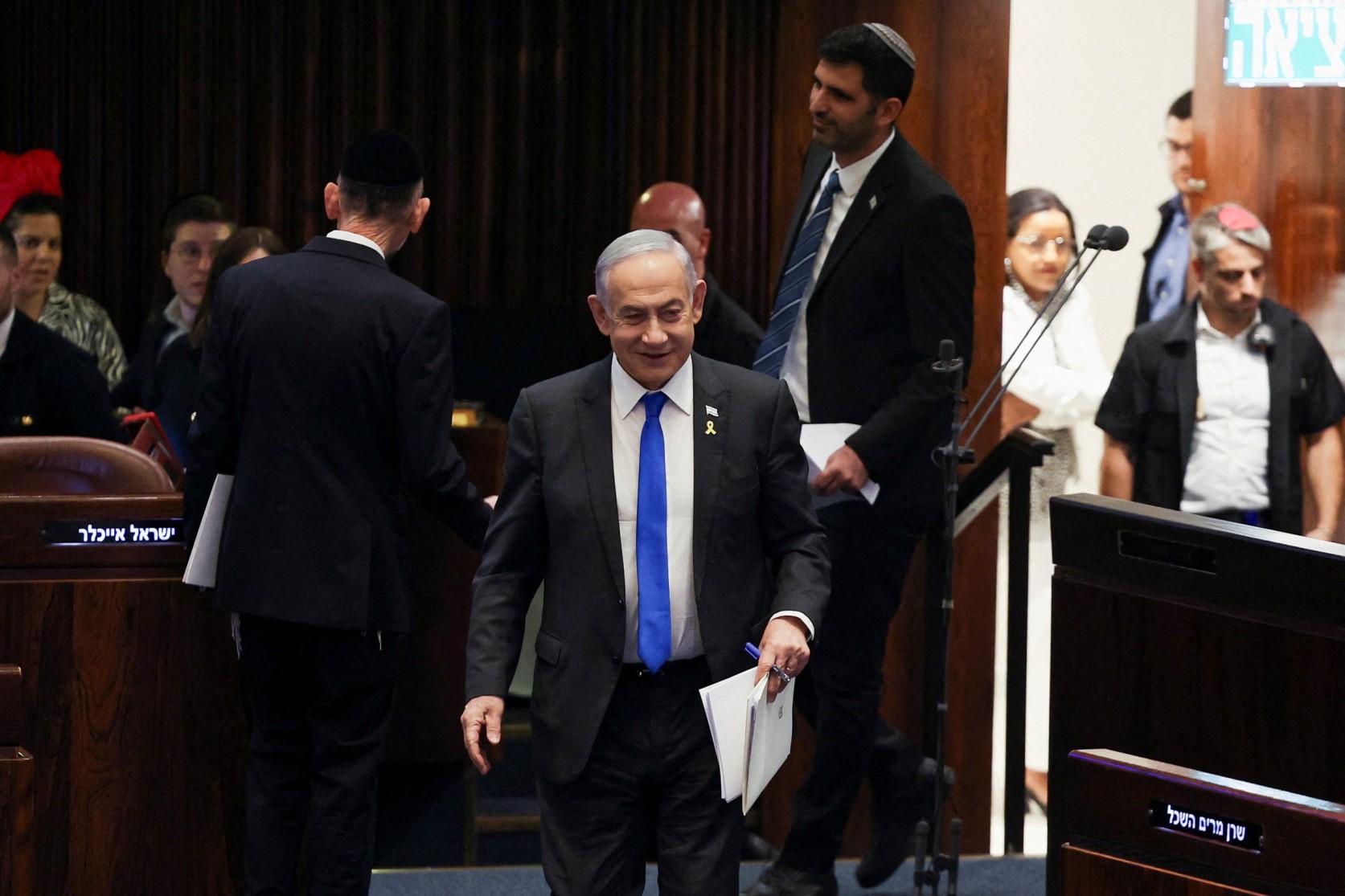 Israeli Prime Minister Benjamin Netanyahu walks on the day of a discussion at the Israeli Parliament Knesset in Jerusalem on July 17, 2024. (Photo: REUTERS/Ronen Zvulun)
Israeli Prime Minister Benjamin Netanyahu walks on the day of a discussion at the Israeli Parliament Knesset in Jerusalem on July 17, 2024. (Photo: REUTERS/Ronen Zvulun)sraeli Prime Minister Benjamin Netanyahu walks on the day of a discussion at the Israeli Parliament Knesset in Jerusalem July 17, 2024. (Photo: REUTERS/Ronen Zvulun)
The ICC case on the Gaza conflict dates back to 2015, when Bensouda launched a preliminary examination into the situation in Palestine, looking into allegations of crimes in Gaza, the West Bank, and East Jerusalem.
In Khan's case, he also applied for arrest warrants for Hamas leaders Yahiya Sinwar, Mohammed Deif, and Ismail Haniyeh, claiming they bear criminal responsibility for war crimes and crimes against humanity for actions taken by the organisation's armed wing, the Qassam Brigades, when it attacked Israeli military bases and settlements on 7 October.
Some 1,200 Israeli soldiers and civilians were killed in the attack. Some were killed by Hamas, while many were killed by Israeli forces using attack helicopters, drones, and tanks, per the controversial Hannibal directive.
Though several months have passed since Khan's application, ICC judges have not issued any arrest warrants.
During an interview with the British Broadcasting Corporation, Khan indicated that it was significant to prove that the court would hold all nations to the same standard in relation to alleged war crimes. He also welcomed the new UK government's recent decision to drop its opposition to the arrest warrants.
"There's a difference of tone, and I think of substance in relation to international law by the new government. And I think that's welcome," he told the BBC's Nick Robinson.
In his explanation, Khan said that the ICC needed to request warrants for leaders on both sides of the conflict so that the court is viewed as applying "the law equally based upon some common standards." "If one had applied for warrants in relation to Israeli officials and not for Gaza, [some would] say, 'Well, this is an obscenity' and, 'How on earth is that possible?'" he said.
This week, a legal group in support of Israel announced plans to sue Khan, claiming that his bid to issue arrest warrants against Israeli officials is not justified.
The organisation UK Lawyers for Israel (UKLFI) wrote a letter to Khan dated 27 August, in which it attempts to refute his allegations against Netanyahu and Gallant.
In May, a dozen Republican senators sent a letter warning Khan not to issue arrest warrants for Netanyahu and Gallant.
"Target Israel and we will target you," the senators, led by Senator Tom Cotton, warned in the letter. "Such actions are illegitimate and lack legal basis, and, if carried out, will result in severe sanctions against you and your institution." Senators Mitch McConnell (minority leader), Rick Scott, Tim Scott, Ted Cruz, and Marco Rubio also signed the letter.
Top Stories Today





